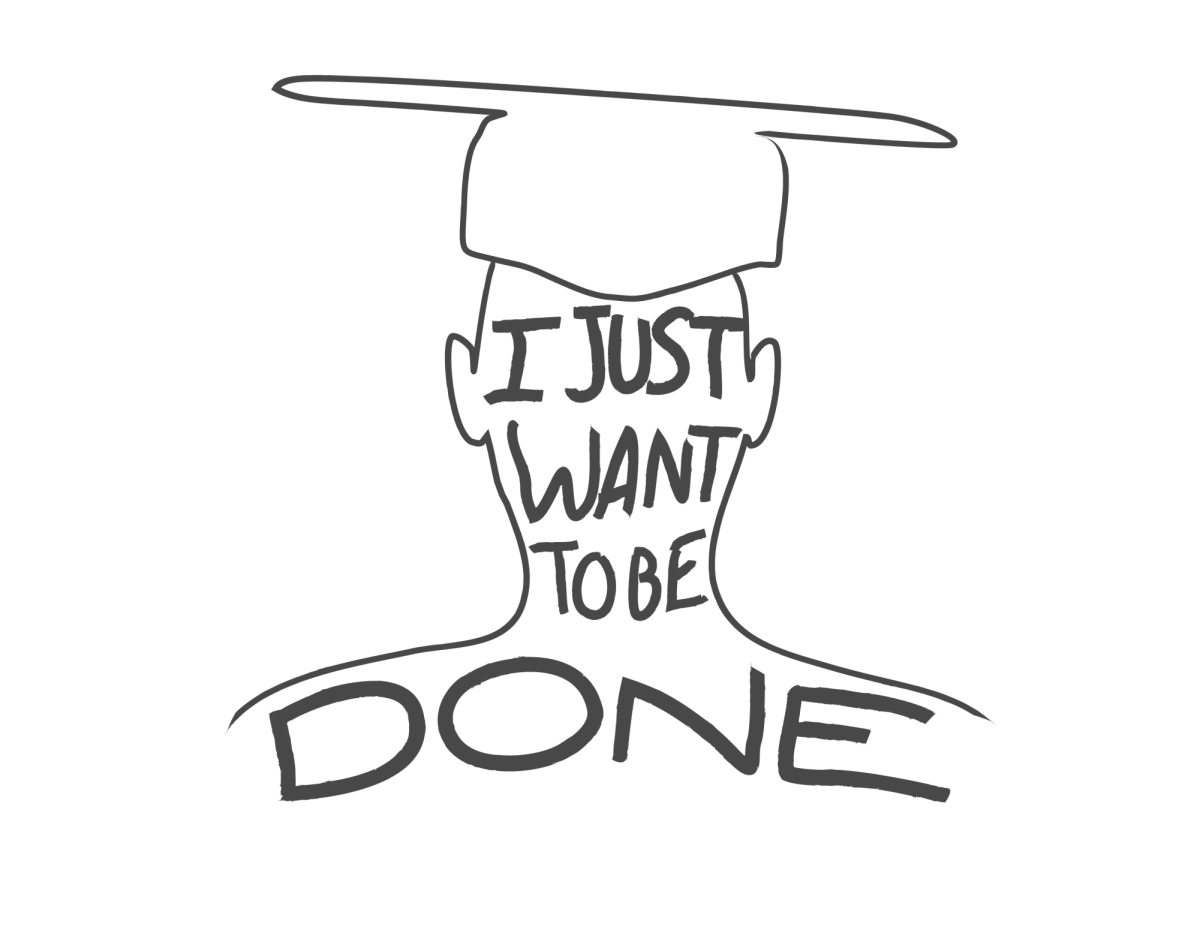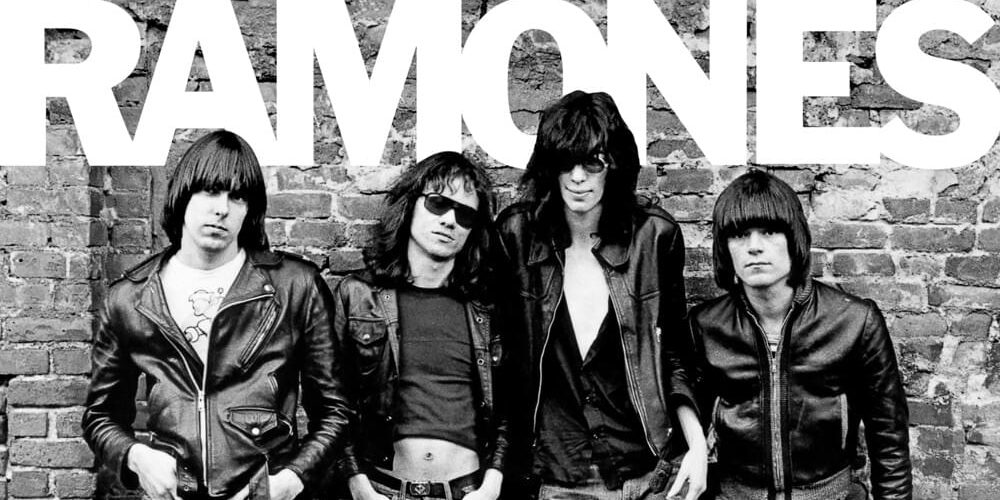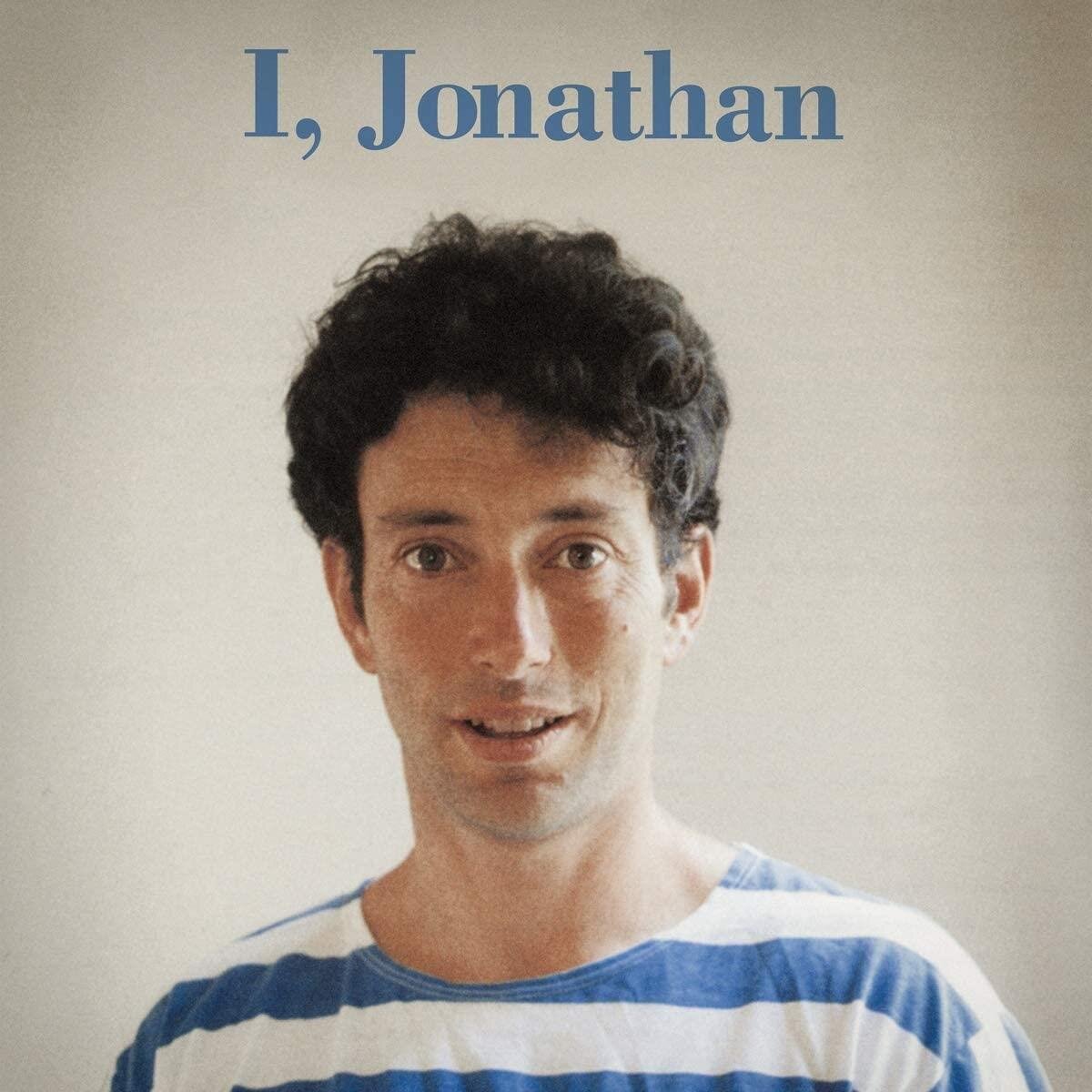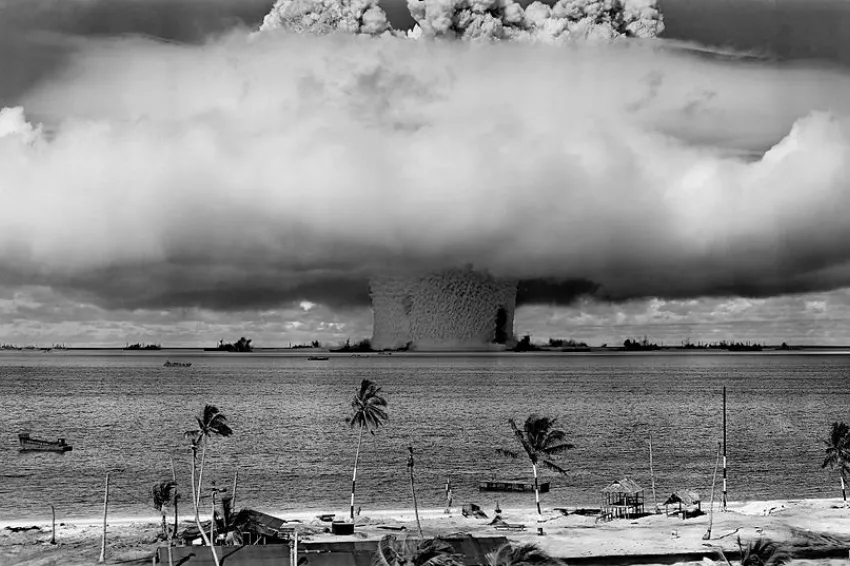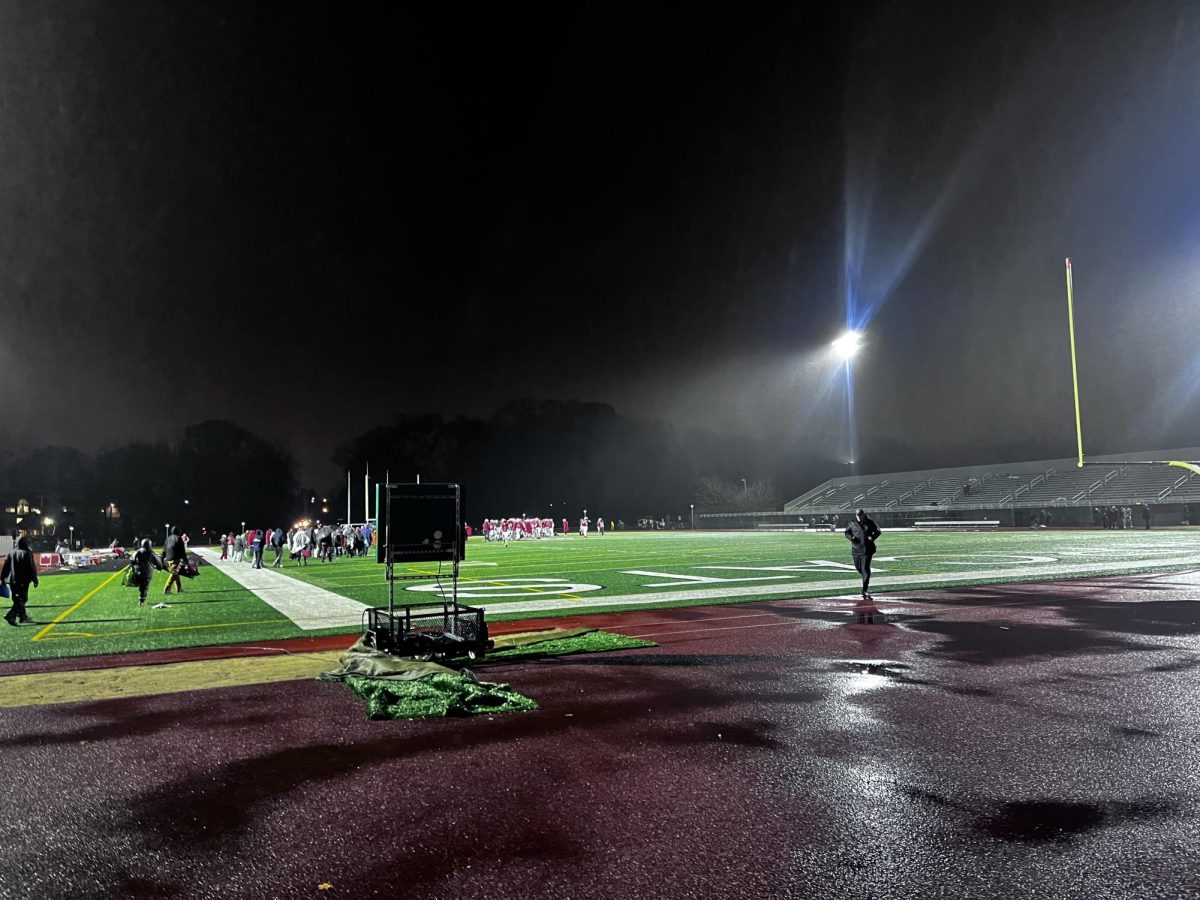When talking about art and artists, it is impossible to avoid the words pain, suffering, and trauma. If we’re reading a book, we want to know all of the terrible things that happened in the author’s life so we can play therapist and understand their trauma. If we’re listening to an album, we want to know what the lyrics are about so we can feel the artist’s pain. We don’t think we like these things but in practice we often can.
But why do we do this? We don’t like to feel pain, we shouldn’t like when other people feel pain, so why is there a disconnect when it comes to famous and noteworthy artists? Why do we seem to enjoy watching artists suffer? Does art breed misery? If so, why do we encourage it?
Writing is an emotional process. Writers have to be brutally honest with themselves and with the world they find themselves in. Most writers struggle to find even a modicum of success. Everyone writes for a reason. All writing has a purpose. But words are limited. Words can get you close to conveying what is in your head, but it is extremely difficult to successfully convey your idea. Great writers know that words are limited and push them to the breaking point. In this struggle for truth and continued improvement is where writers need to call home. Writing can be a therapeutic process and many writers need to write in order to process their emotions and feelings about a subject.
Performing music allows for more anonymity than writing. Musicians typically want to be authentic, but they don’t have to be. Many popular songs are not written by the people who are actually singing them. This is not because they are disingenuous, but because of the way the music industry functions. We often obsess over depressive themes in music especially if that artist has taken their own life. Kurt Cobain, Nick Drake, Ian Curtis and Elliot Smith are just the ones that spring to mind. We see them as tortured geniuses, whose depression allowed them to make some of our favorite music. However, this perspective is flawed and can glorify depression. Think about it. When someone makes something while depressed, they are not fully committed to it, they are disconnected to it. Nick Drake, as mentioned above, couldn’t write while depressed. These songs are not good because of what the artists went through, but in spite of it. That distinction makes all the difference.
These are just some perspectives on what we call, “tortured artists.” Hopefully, we can provide nourishment and affection for the rising artists of this and the next generation. I did not write this article with any sort of intention of making the reader feel bad for reading or listening to these works, I simply wanted to pose the question so that we, as a society, may be more mindful appreciators of art.
